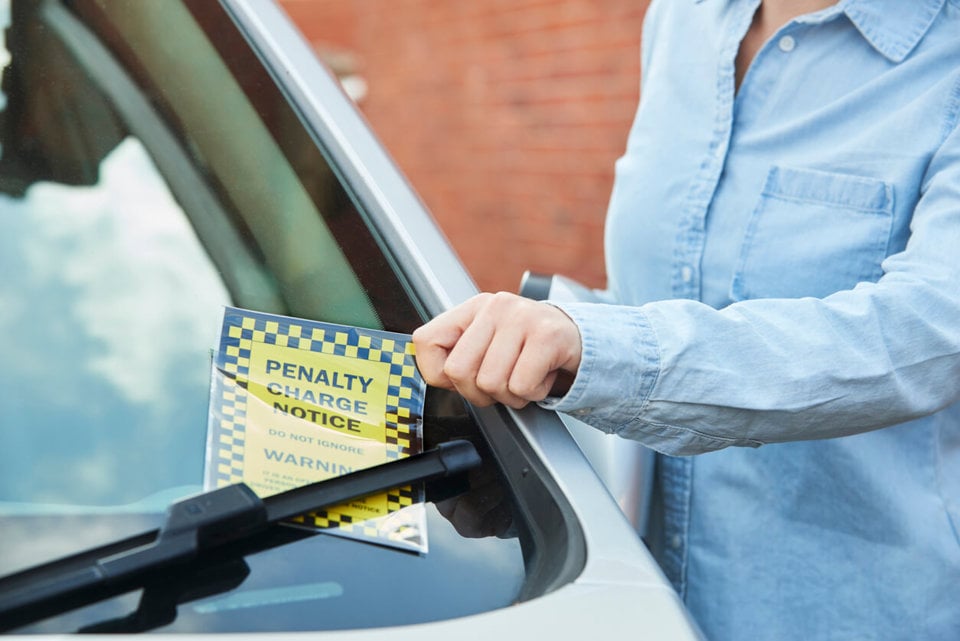The outlawing of most vehicle clamping in England and Wales on October 1 was welcome news to thousands of van operators.
It means only the police and certain other agencies can clamp vehicles, usually for more serious offences than parking misdemeanours.
However, in abolishing clamping and with it many of the rogue clampers that have made drivers’ lives a misery, the change in law now allows private landowners to issue parking tickets they can then pursue using the DVLA (Driver and Vehicle Licensing Agency) database to send the fine to.
For fleet operators, this is yet another headache as the fine will be sent to the vehicle’s owner, who is not necessarily the person who was driving at the time.
Jeanette Miller, managing partner at Geoffrey Miller Solicitors and president of the Association of Motor Offence Lawyers, said: “Landowners don’t have to prove who was driving, only who the vehicle is registered to.
Most fleet operators are aware they need to have a log of who is driving and when. Otherwise, the van’s operator and not the driver would be obliged to pay the fine.
Companies need to have a plan in place to make employees liable for any fines they incur.”
Van drivers are often more liable to traffic wardens’ attentions due to loading and unloading in roads where there is no convenient parking space.
However, all is not lost as van drivers and operators can challenge parking tickets and the success rate for overturning a parking fine is higher than you might think.
Even though 6.8 million parking tickets were issued in 2011, only one in four was contested. And, of those, 39% were successful.
If you feel you have been issued with a parking fine unreasonably, the first thing is to establish who the ticket is from.
This will be dictated by where you parked, on public or private land.
You must be clear about why you want to appeal against the fine.
If you feel the fine is unfair, establish why, whether it’s a faulty ticket machine, missing signs or the number plate has been wrongly identified.
If you’ve parked on a public road, the appeals process should be explained clearly on the ticket, which will usually give you 14 days to pay a reduced fine before the cost doubles.
You must appeal as quickly as possible as the fine will be frozen at the reduced rate while you do so and charged at that lower rate if the appeal is unsuccessful.

















Login to comment
Comments
No comments have been made yet.